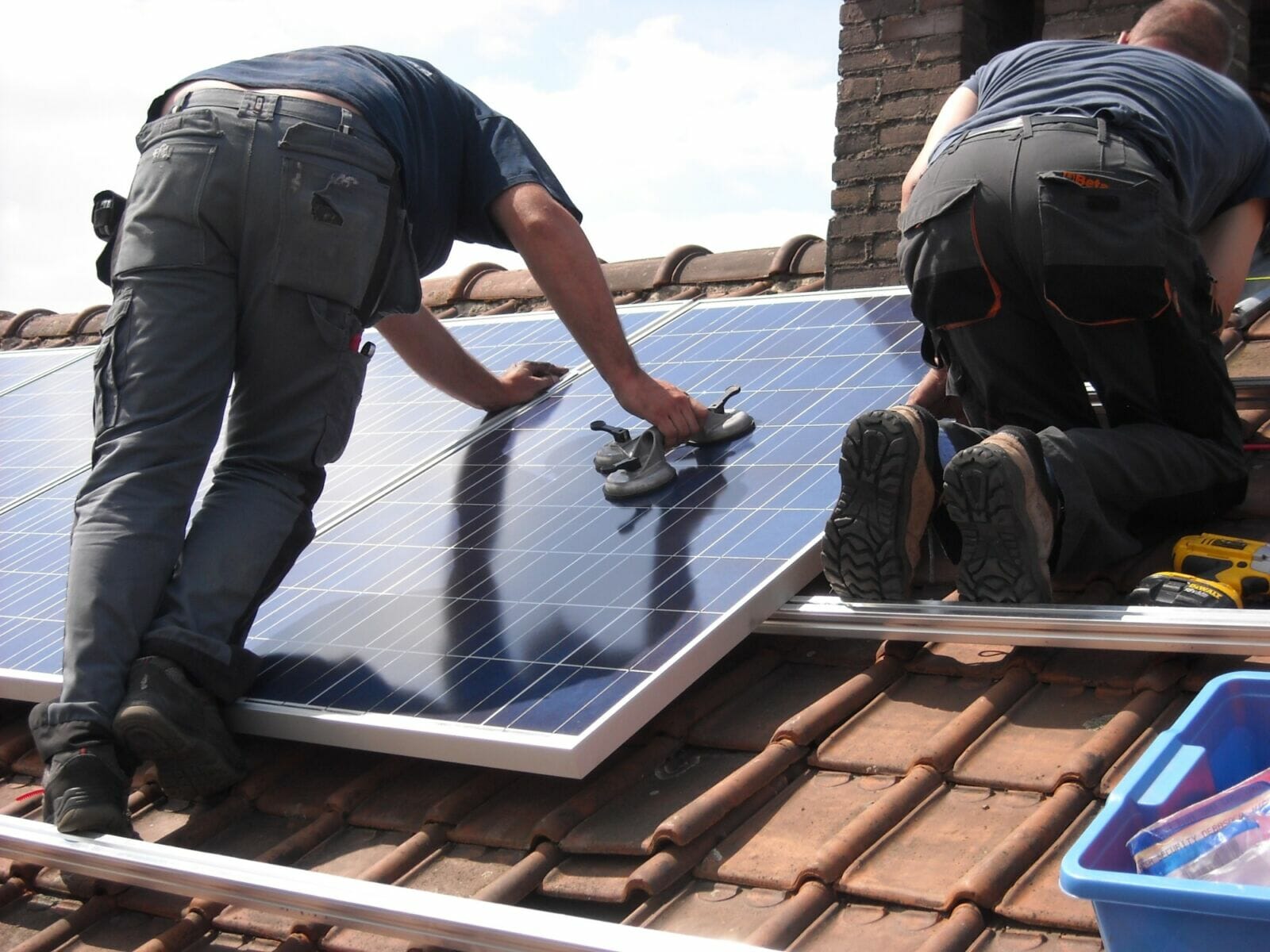There were around 2.7 million residential solar systems in the US at the end of 2020, and that number is continuing to grow fast. If you’re interested in installing home solar panels, this is a great time to do it.
More and more homeowners are getting solar panels lately, and it’s easy to see why. Partly due to the many solar tax credits and incentives that are currently available, solar panel installations are more affordable than ever.
If you’re thinking about getting a home solar installation, however, you should think carefully about the type you choose. In this guide, we’ll tell you about the common types of solar panels you can choose from.
Monocrystalline Solar Panels
Monocrystalline solar panels are the most efficient solar panels available and offer excellent performance overall. They have high power capacities. These solar panels are also black, so they can be a good option for darker roofs.
Keep in mind that these solar panels’ efficiency comes at a price, however. Monocrystalline panels tend to be the highest-cost solar panels overall.
Polycrystalline Solar Panels
Polycrystalline solar panels are also an option for homeowners. They’re a bit less efficient than monocrystalline panels and don’t offer the same level of performance. However, they do come in at a lower price, so they serve as a cost-effective option for those who are more budget-conscious.
Due to their affordability, they can still be a great option to consider despite their less impressive performance.
Thin Film Solar Panels
Thin film solar panels are also an option that you should consider for your home.
These solar panels offer excellent portability and flexibility, but their performance and efficiency aren’t as impressive as other types. As the name would suggest, these panels are a bit thinner and lighter than other types.
Because of their flexibility, they can be used in a variety of situations and work well for unusual roof styles. They’re also easier to install than other types of panels.
Solar Roof Shingles
Solar shingles are another type of solar panel that you can install.
Like typical thin-film solar panels, solar roof shingles are thin and light. They have a great modern look that many homeowners find aesthetically pleasing, especially compared to the other options that are available. Many solar shingles also offer great connectivity with apps that allow you to track their efficiency easily.
While these panels have some great benefits, they aren’t quite as readily available as other types.
Things to Consider When Installing Solar Panels
If you’re thinking about getting solar panels, you should be sure that you’ve thought your decision over carefully. Solar panels aren’t suitable for every home.
Here are some things that you should consider to make sure that you’re happy with your solar installation.
Peak Sun for Your Home
One of the most important things to consider when getting solar panels is how much sunlight your home gets.
If you’re not getting much sunlight at your home, then an installation might not be worth it financially. You won’t be able to make use of it fully.
You should do some research to find out what the peak sun hours are for your home. Consider how much energy you’ll be able to collect. Ensure that you don’t waste your money on an expensive solar system that you won’t actually get to use very much.
Home Energy Usage
You’ll also want to think about how much energy you need for your household. Do some math to ensure that the peak sun hours you get will be adequate to provide the power you need.
The average household in the United States uses around 893 kWh per month. You’ll want to be sure that you can install enough solar panels to provide the power your home needs.
Tax Credits and Incentives
Before installing solar panels, it’s a great idea to find out what government incentives and tax credits are available to help with your installation. A lot of incentives are available these days, so the costs of solar could be less than you expect.
Determine the cost of a solar panel installation beforehand and know what kind of assistance you’ll be getting if cost is a factor for you.
Local Regulations
Keep in mind that solar panel legal restrictions and regulations aren’t the same everywhere. Some locations will have limits on what you’re allowed to do when it comes to installing solar panels on a home and going off-grid.
You’ll want to do some research to find out what you can expect in your area before you invest your money into a solar panel installation.
Weather Ratings
When choosing solar panel options, consider the weather in your area carefully.
If you have hurricanes in your area, for example, you’ll want to ensure that you’re getting panels that will stand up well against major storms and adverse weather conditions. You might also want to check for hail ratings as well to ensure that your panels will survive during icy conditions.
Generally, you can expect monocrystalline and polycrystalline panels to be more durable because of the thickness of the materials. On the other hand, thin-film panels won’t offer the same level of durability and protection against weather damage.
Choosing Between the Different Types of Solar Panels
If you’re thinking about installing solar power, be sure that you understand what the different types of solar panels are. Monocrystalline panels offer the highest level of efficiency and performance, but the other options have benefits as well.
Interested in finding more home guides and articles? Read through our website now to discover more helpful tips and tricks.




